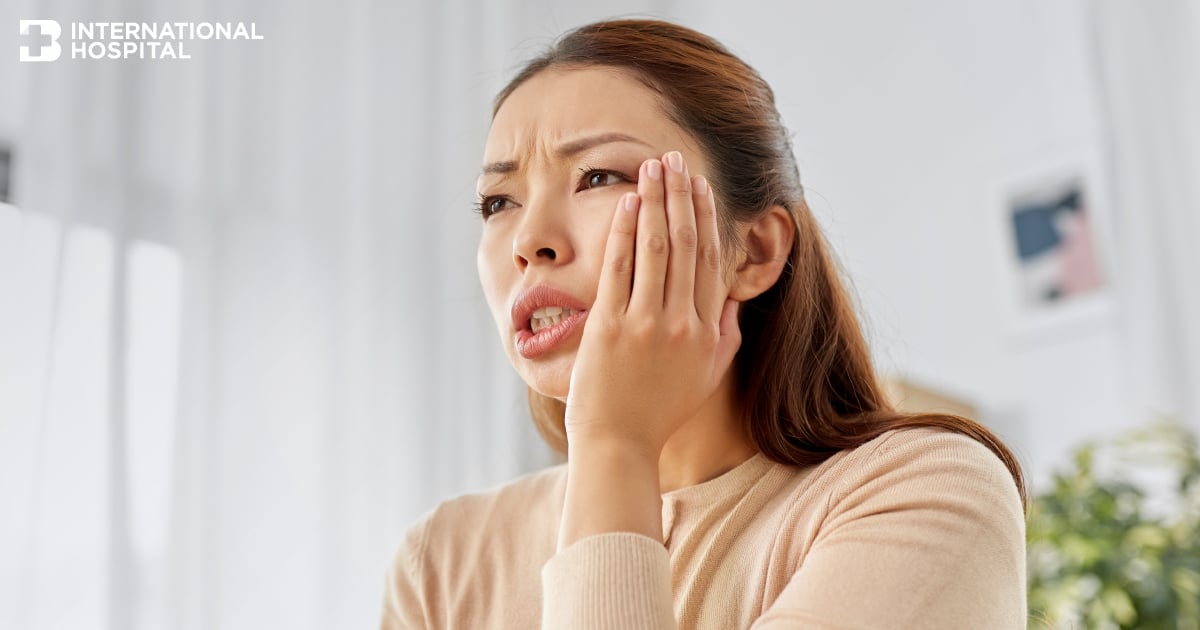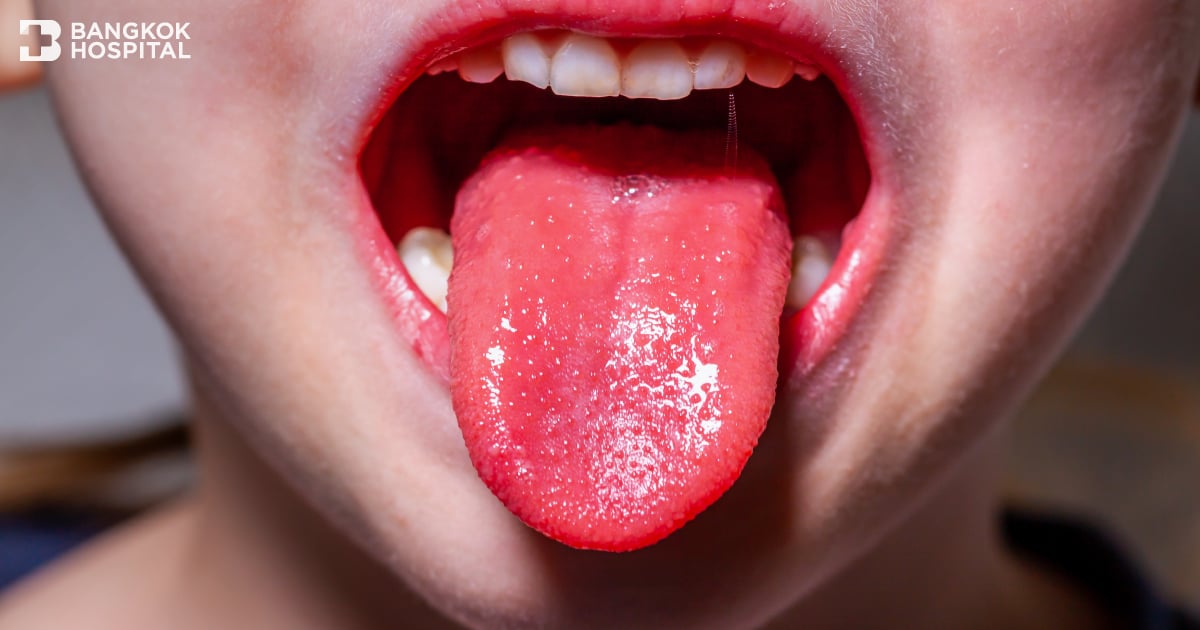Male menopause is a change that men face as they enter their forties. Each person shows different signs and symptoms, which can affect the body, mind, and daily life. However, understanding and being prepared to adjust to these changes can help cope with them correctly.
Truths Men Must Accept
By nature, the male sex hormone testosterone affects various systems in the body, including fat metabolism (Metabolism), male muscle building, strength of bone structure, etc. Therefore, when the testosterone levels begin to decrease between the ages of 42 – 45, it results in physical changes such as belly fat, easy weight gain, hair loss, decreased libido, as well as increased risk of diabetes and high blood pressure, among others. These symptoms can affect the mind and daily life if one is unable to adjust.
Check if You Have Male Menopause Symptoms
Each man exhibits different signs of menopause. These can be observed as follows:
- Mood swings
- Easily bored, irritable
- Belly fat
- Insomnia
- Fatigue
- Decreased concentration
- Depression
- Decreased sexual performance
- And so on
Behave Well to Extend Youthfulness
Caring for oneself to cope with menopause is not difficult for men. It simply requires an open mind and readiness to change behaviors in various aspects, including:
- Diet Avoid sweet-tasting foods, focus on eating foods that help boost male hormones, such as green leafy vegetables, beans, egg yolks, watermelons, or oysters (those with high cholesterol should be cautious, consult a doctor and choose what to eat wisely to suit their body)
- Exercise Focus on types of sports that help build large muscle groups, such as cycling, playing squash, etc.
- Mental Health Stay positive and know how to deal with stress, important for mental healing is support and understanding from the family
For men who are disturbed by menopause symptoms and they affect their lives, it’s advised to see a doctor for consultation and closely follow the recommendations. The doctor may perform a blood test to measure the level of hormones to see how much they have decreased, the severity of the condition, and whether it’s related to other causes. There are various treatments for menopause symptoms, from mental restoration to medication, including pills, topical medications, and injections.
Not only men in their forties who experience menopause, those in their thirties can also enter early menopause if they are stressed, have little rest, smoke, drink alcohol, lack exercise, like eating sweet foods, as well as lack certain nutrients such as zinc among others. Chronic diseases like diabetes can also be a factor, as well as genetic factors. However, there is no need to worry, as improvement can be achieved with expert medical care.








